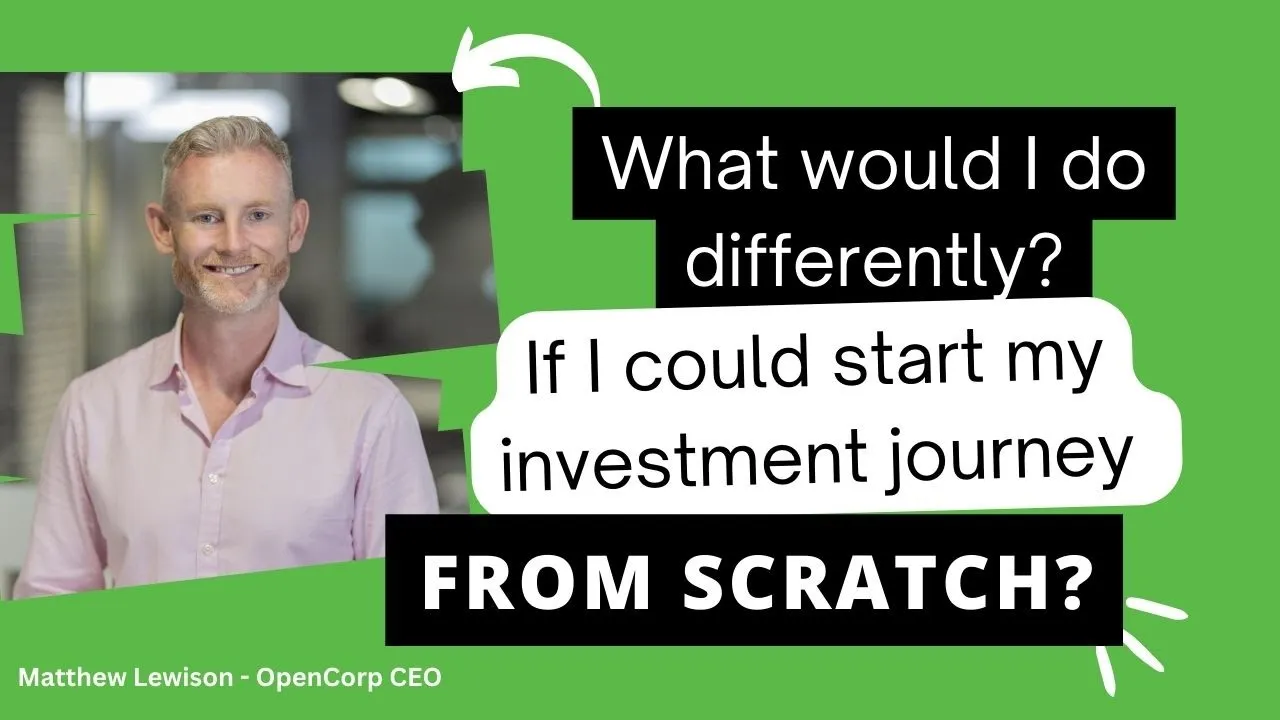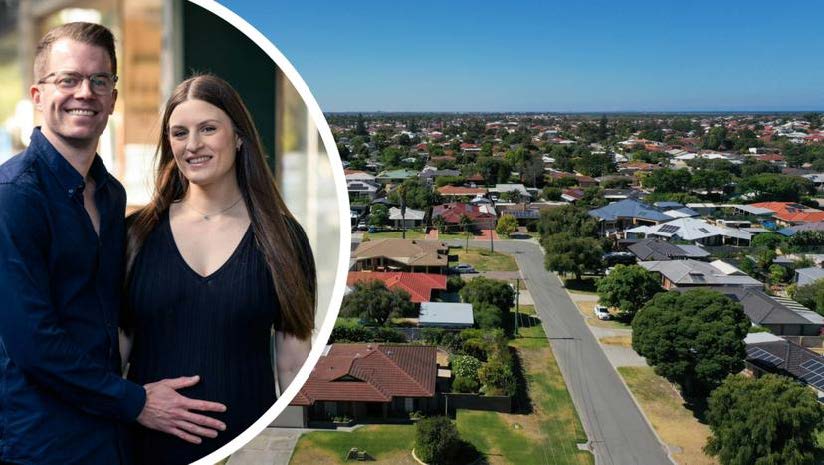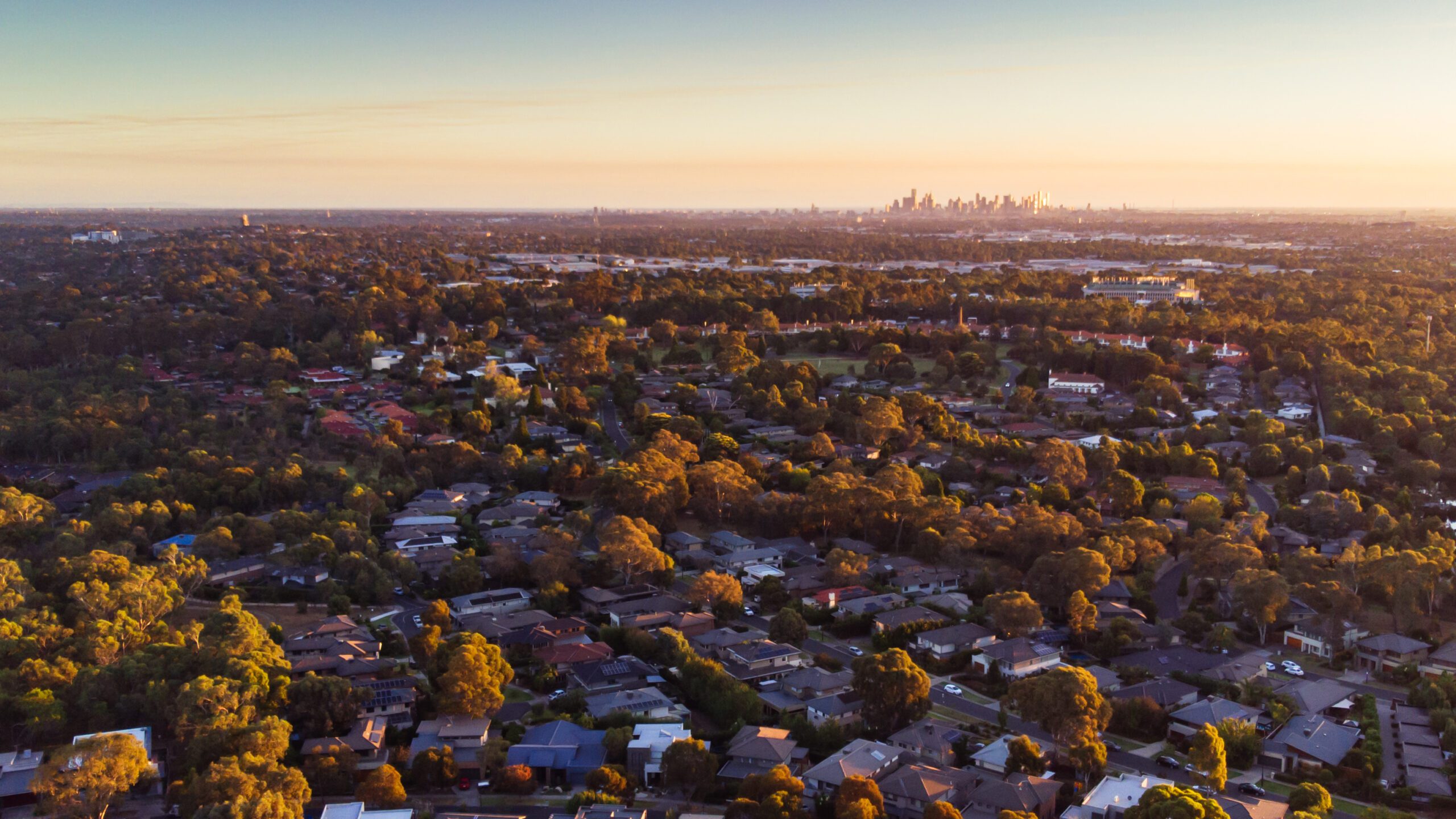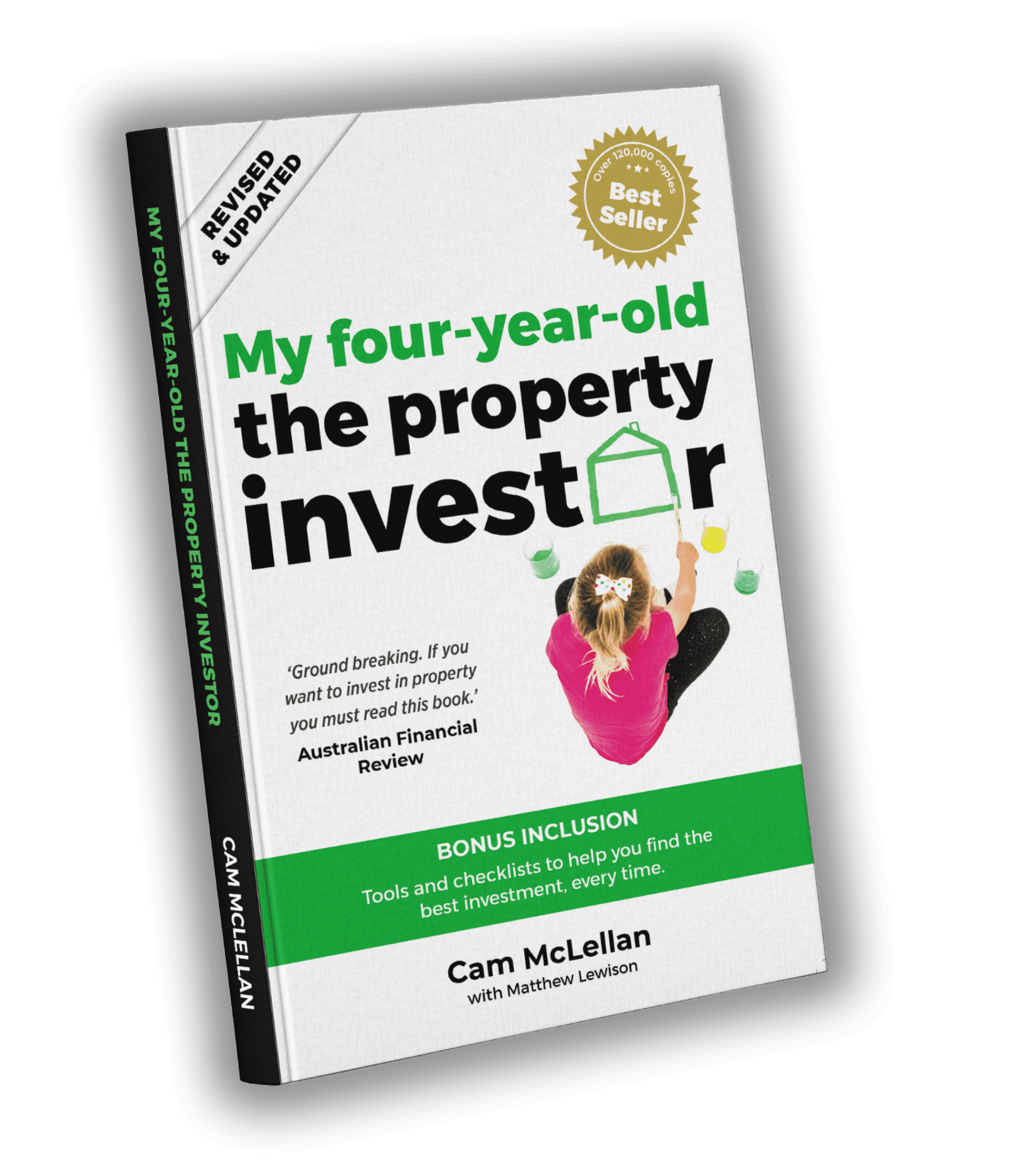By Cam McLellan and Al Lewison
Today we’re going to talk about the Golden Rule of Investing. This was a rule I learned when I was a young teenager, reading my first property book which was by Jan Somers, who most of you will know. The one thing that I will always remember, and I have always taken with me across my property investment journey is the Golden Rule of Investing is land appreciates, and building depreciate.
So let’s talk about two different asset types. When I think about assets and liabilities I think of them as about four different things:
- Appreciating assets
- Depreciating assets
- Beneficial liabilities
- Non-beneficial liabilities
Let’s start with the assets – what do we invest in? We buy houses.

The taxation department deems that over a 40 year lifespan the house will depreciate in value and theoretically be worth nothing, the only thing going up in value is the land. So when we think about that, really, the houses only purpose is to provide rental income to support the holding cost of your appreciating asset. If you didn’t have to cover those holding costs, you wouldn’t worry about having a house on there. Again, let’s remember land appreciates, houses depreciate.
There are a couple of different choices when we become investors. Are we going to be investing in growth properties, or cash flow properties? We have talked about the benefits of each in a previous article and why we chose growth properties in our strategy. The other decision you need to make, fundamentally is whether you are going to be investing for the growth in land price, and are you investing in an apartment or land purchase. Now as we said before when we buy a block of land with a house on it, the house is there to cover the cost of your land, but let’s talk about what happens when you buy an apartment.

So you’ve brought a nice big skyscraper with 100 apartments in it. In the same way as when you buy a house, you’re actually buying the land the apartments are on, but in this instance your block of land is also broken up as your land content is a portion of the total apartments in the skyscraper. Initially this might seem fine, but let’s look at the reality of the situation in 40 years as this is the time that you will have to depreciate the apartment from what it cost down to zero.
So let’s say those 40 years have passed and your house has depreciated to zero, but I own the land and the house myself and have the opportunity to make a decision on what I would like to do and I decide to bulldoze the existing house, build a new one and let that depreciate again.
Now let’s look at the second scenario, 40 years have passed and your apartment has depreciated to zero, you own 1/100th of your apartment building and it more than likely will need some pretty costly repairs, be that new balcony, paint job, car park, driveway, you name it. But you can’t make a decision to rebuild the whole building, 99 people have to decide with you that it’s time to knock the building down, move out, re-build and then move back in. The reality in this situation is that you’re at the mercy of 99 other people and it’s also not practical.
If you own the home and land as in scenario one, you have the control yourself or whoever will take over the legacy of your portfolio, in our cases it will be our kids. If we pass across a portfolio of houses and land, we are passing across a decision to knock a single house down and build it again, with the equity growth in the land covering the cost of rebuilding the house. But if I’m passing across an apartment, with a small parcel of land value and a raft of problems, I’m giving my kids nothing but headaches. So remember to think of those who will be taking on your portfolio, and don’t forget Jan’s rule – land appreciates, buildings depreciate.








